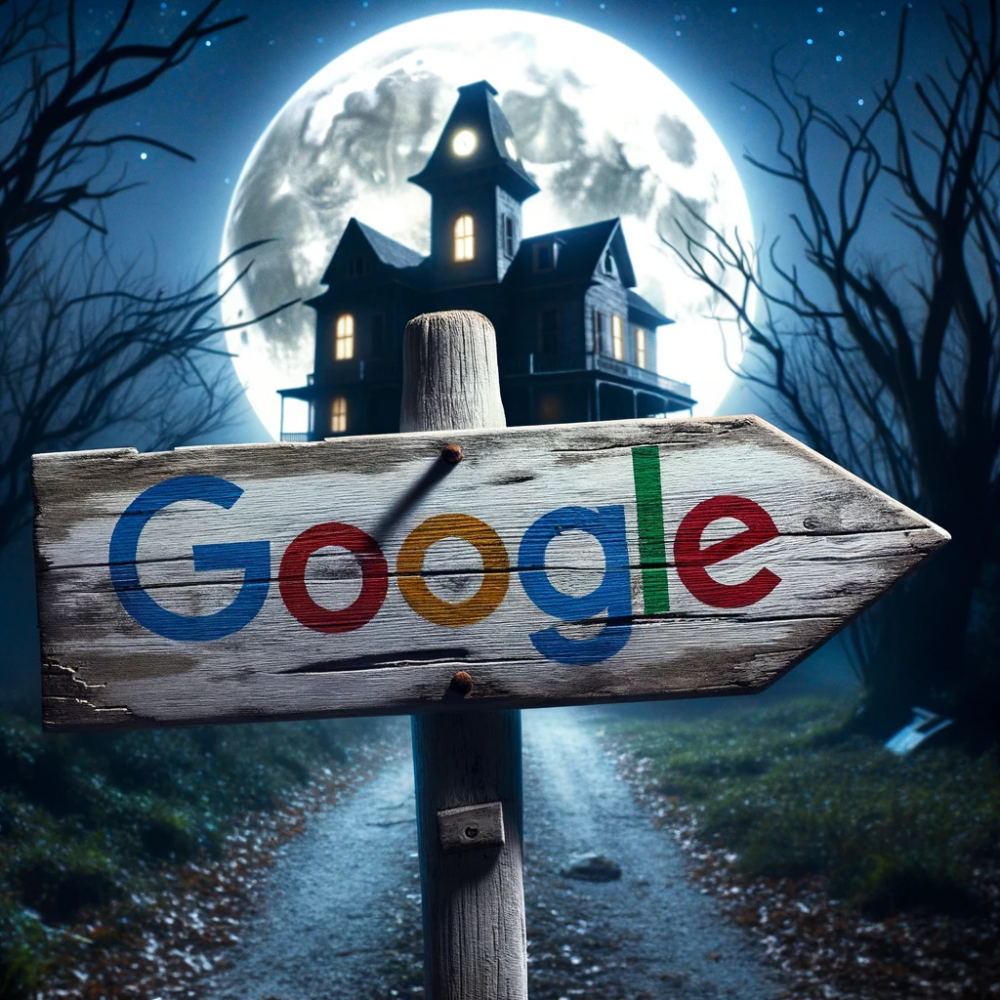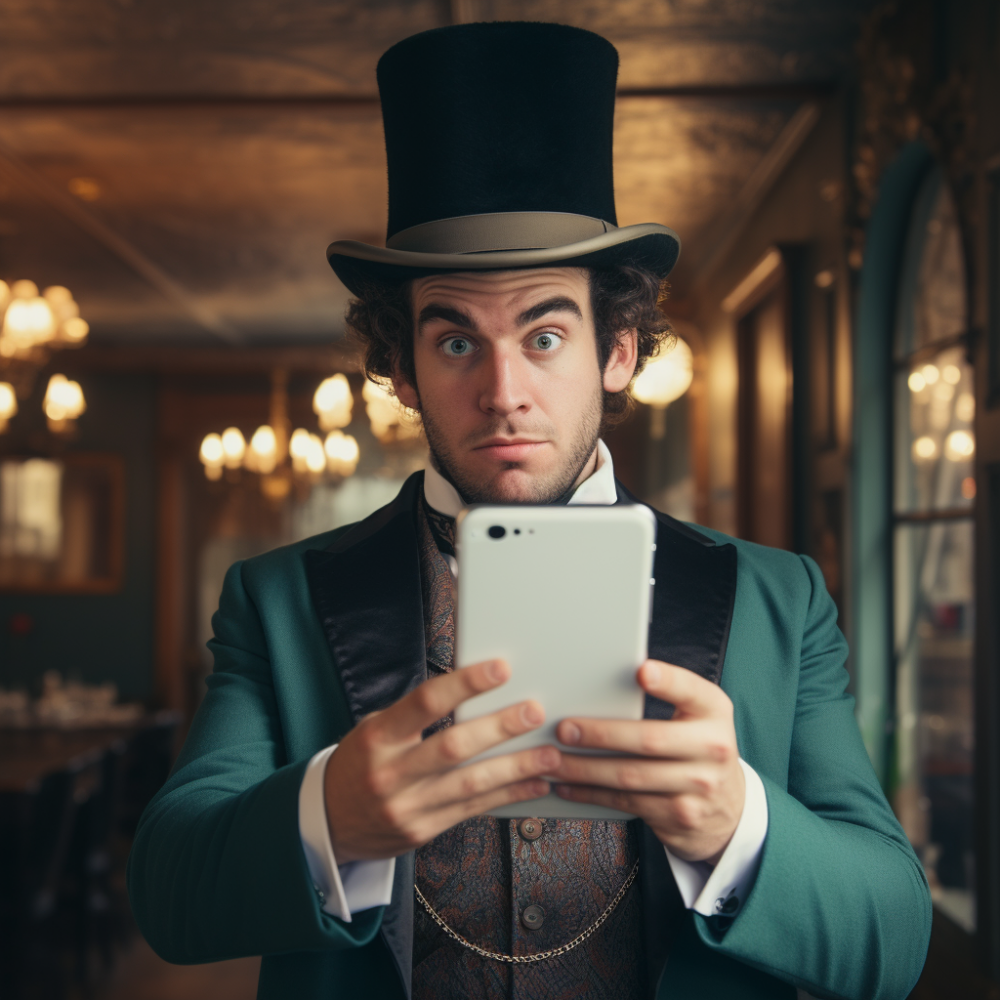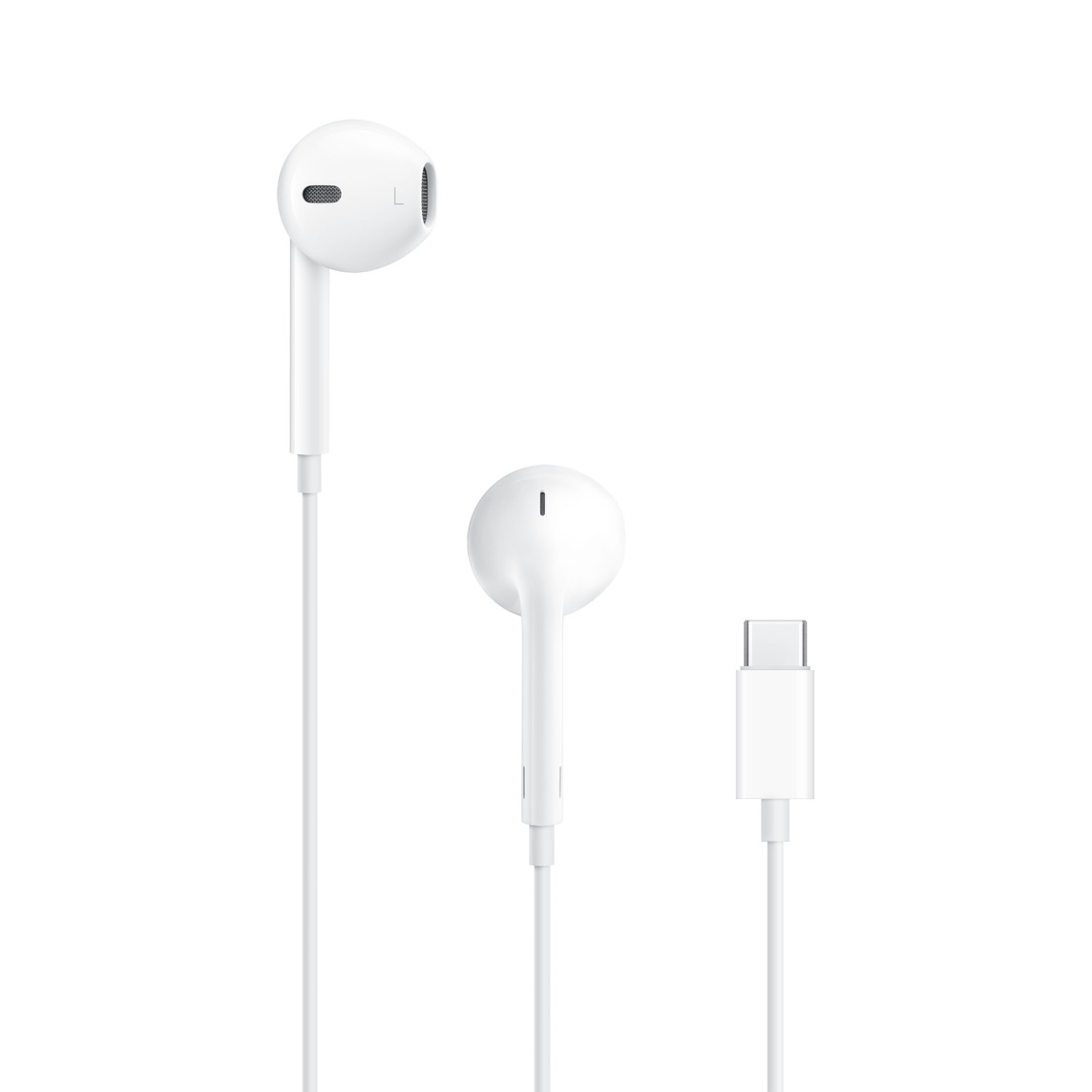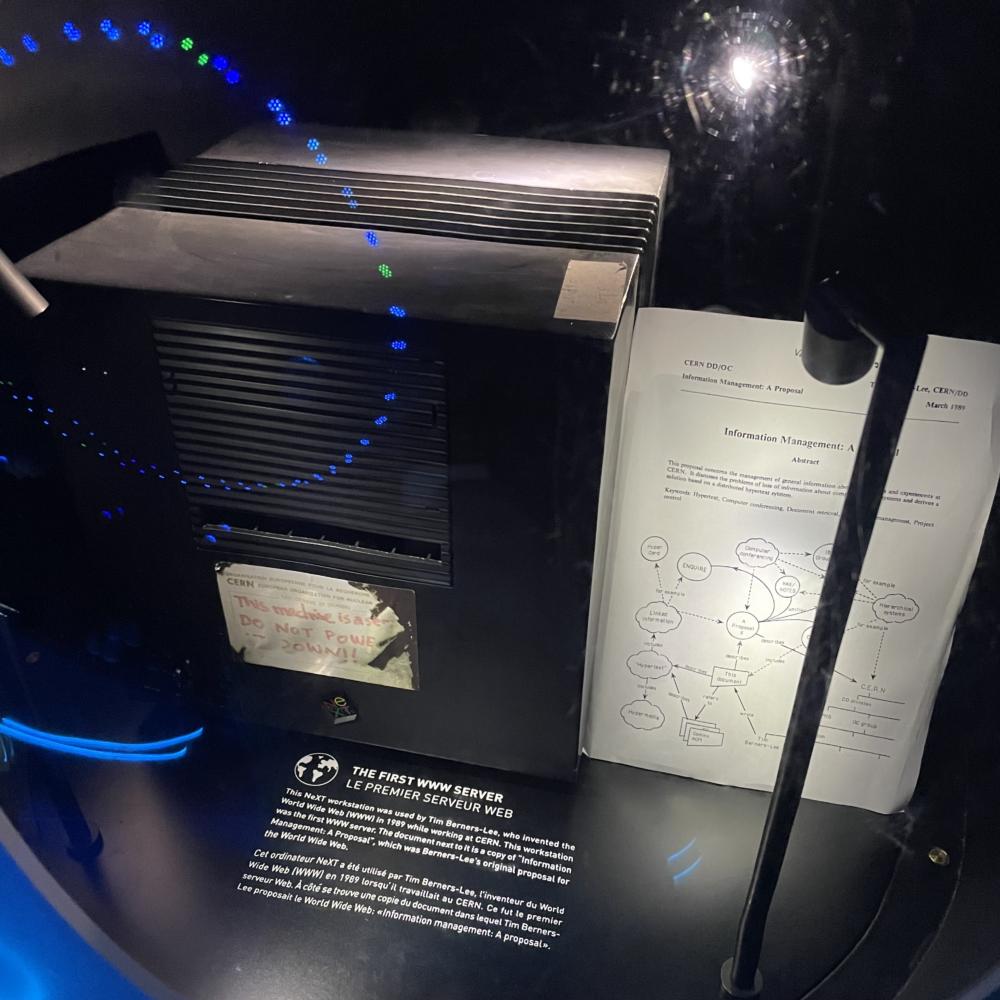Professional prospects and social media
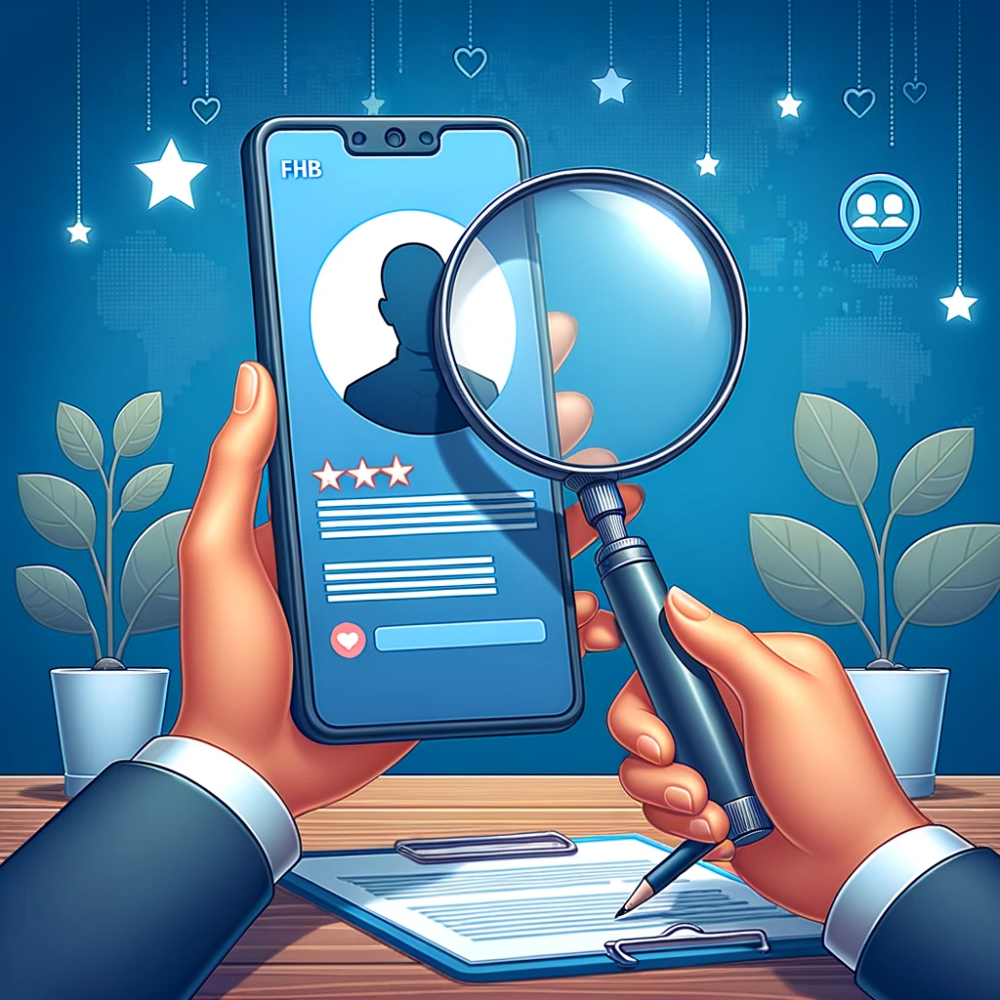
On Search Engine recently, Ezra Klein told PJ Vogt:
This is an argument I’m always having inside my own industry. I’m someone who’s done a lot of hiring in my industry, so I think I have some credibility on it. People’s social media accounts are typically a reason why they don’t get hired, not a reason they do, in my experience.
The reason is that if they’re doing really well on social media, it’s for that exact reason they’re not doing as much of the actual work people are looking for.
I’ve been involved in many hiring decisions in my line of work, and I’ve never checked candidates’ social media profiles… but my job is in the Civil Service rather than the real world.
However, Klein’s observation chimed with my perspective on the experiences of a couple of colleagues during the pandemic. They both used different forms of social media to ‘subvert’ the usual routes of communication processes of their organisation. They both became ‘known’ (at least within the public health world) as ‘personalities’ who communicated clearly—that is, they were both successful at social media.
Both inevitably ended up in hot water for giving messages which did not align with the organisational view. The problem was that they had become ‘big name’ representatives of their organisation but were operating entirely outside the normal processes. Crucially, they both also mistook their success in the game of social media as expertise in public communications.
In other words, they did well on social media by demonstrating a dismissiveness towards due process and the expertise of others. The errors that undid them would not have been made by people with expertise (but may have been made by—say—me, in other circumstances). They became popular, but possibly undermined their professional reputations more than they bolstered them.
In contrast, while I know many people who have fostered professional connections via social media, I can’t think of anyone I know in my field for whom success on social media has led to genuine professional progression.
But, in fairness, this is only my personal experience: while it aligns with Klein’s view, others think differently. According to Alex Heath in Command Line,
Musk thinks X can build a viable LinkedIn competitor. “Historically, I’ve done a lot of recruiting on Twitter,” he said, adding that he sees someone’s posts on the platform as the “single biggest indicator for whether they are excellent or someone you would want to hire.”
Your mileage, as they say, may vary.
The image at the top of this post was generated by DALL·E 3.
This post was filed under: Post-a-day 2023, Technology, Alex Heath, Command Line, Ezra Klein, PJ Vogt, Search Engine.
